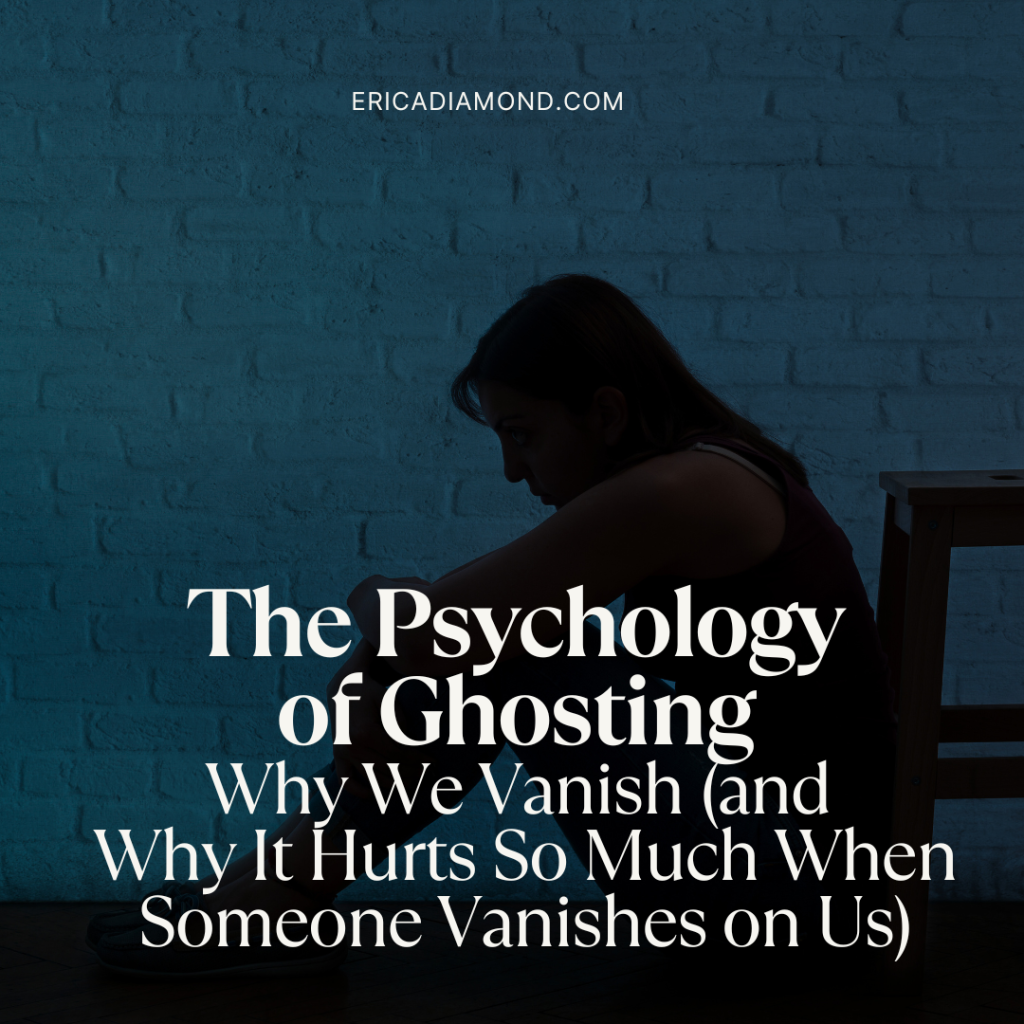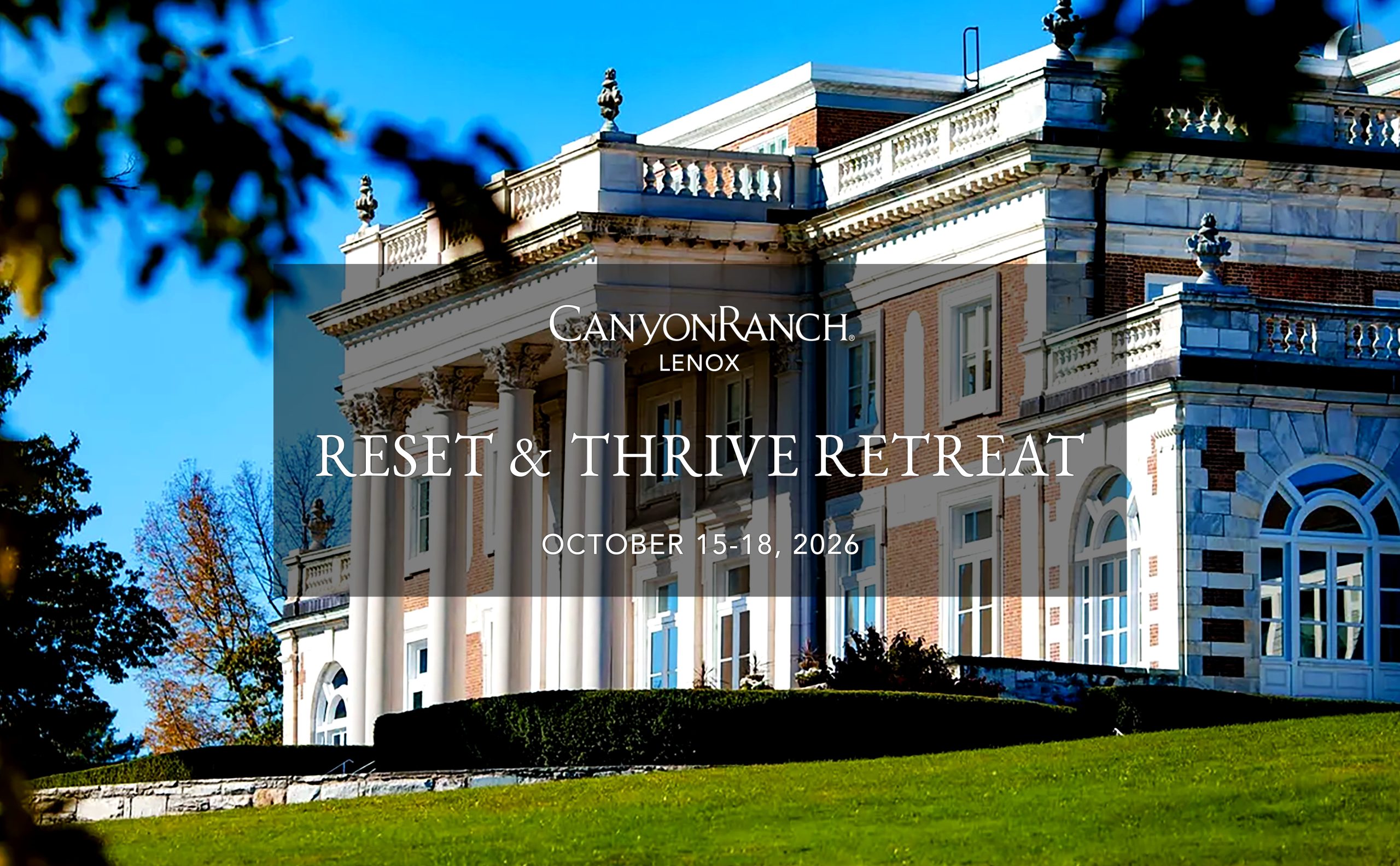
We’ve all been there. One day you’re texting non-stop — laughing, connecting, planning your next get-together — and the next… silence. Not a peep. Not a word. Just a big, fat digital poof. You’ve been ghosted.
Or, maybe you’re the one who’s done the ghosting. You got busy, things got complicated, or maybe you just didn’t have the emotional energy (or maturity) to say, “Hey, this isn’t working.” (Cue the guilt and the awkwardness.)
Either way, ghosting (in dating or friendship) has become the modern-day disappearing act. It’s as common as avocado toast and as emotionally confusing as reading someone’s “last seen” on WhatsApp.
But why do we do it? And why does it sting so deeply when it happens to us?
Let’s get into the psychology of ghosting — what it says about us, and then how to handle it when it happens.
Why We Ghost
Psychologists define ghosting as suddenly ending all communication with someone without explanation. It’s a passive form of avoidance — a modern blend of fear, shame, and self-protection.
According to a study published in the Journal of Social and Personal Relationships, about 25% of people have been ghosted, and 22% admit to ghosting someone themselves. Those numbers have only grown since the pandemic, when digital communication became our primary connection point.
But here’s the truth: most people who ghost aren’t trying to be cruel. They’re trying to avoid discomfort.
Ghosting often comes from:
- Emotional avoidance. We don’t want to deal with confrontation or hurt someone’s feelings — so we take the easy (but cowardly) way out.
- Fear of conflict. Saying “I’m not feeling this” feels too hard, too vulnerable. It’s easier to disappear than to risk being the “bad guy.”
- Overwhelm or anxiety. When life gets messy, responding can feel like one more emotional task we can’t handle. So we simply opt out.
- Low emotional maturity. Let’s call it what it is — ghosting is a sign of poor communication skills. It’s emotional laziness dressed up as self-protection.
We tell ourselves stories like, “They’ll get the hint” or “It’s kinder not to say anything.” But truthfully, it’s not kindness — it’s avoidance.
Why It Hurts So Damn Much
Being ghosted doesn’t just bruise your ego — it actually triggers the same part of the brain as physical pain.
A study from the University of Michigan found that social rejection activates the anterior cingulate cortex, the same region that lights up when we experience bodily injury. So yes — when someone ghosts you, it literally hurts.
Ghosting leaves us with a void — no closure, no explanation, just a trail of confusion and self-doubt. We spiral into “What did I do wrong?” or “Were they ever even real?”
And the hardest part? The ambiguity. Our brains hate uncertainty. When we don’t have answers, we fill in the blanks — and usually, those blanks are far worse than reality.
The Truth About Closure
Here’s the thing about closure: it’s not something they give you. It’s something you create for yourself.
If someone disappears without explanation, that silence is your answer. It tells you everything you need to know about their emotional capacity.
Healthy people communicate. They’re honest, even when it’s uncomfortable.
Ghosters? They’re often operating from fear — fear of rejection, fear of confrontation, fear of being seen.
So when you’re ghosted, remember: their silence is not a reflection of your worth. It’s a reflection of their emotional bandwidth.
If You’ve Ghosted Someone…
Hey, no judgment. We’re all human. Maybe you didn’t mean to ghost — maybe time got away from you, or you didn’t know how to say goodbye.
Here’s your gentle challenge: Do the brave thing next time.
It can be as simple as:
“Hey, I’ve really enjoyed getting to know you, but I don’t see this going further. I’m wishing you all the best.”
That’s it. No ghosting required. Just honesty and grace. You’ll not only feel better, you’ll build integrity in how you show up in relationships — romantic, professional, or otherwise.
Be the Braver Human
Ghosting is a symptom of our quick-fix, swipe-right culture. We’re losing the art of having hard conversations. So let’s bring it back. Let’s be the braver humans — the ones who can say, “Thank you, but no.” The ones who give others the dignity of closure, and ourselves the freedom of honesty and integrity.
And if you’ve been ghosted lately?
Pour yourself a cup of something soothing, delete the thread, and remember this: rejection is redirection. You didn’t lose someone who loved you — you lost someone who couldn’t show up.
And that’s not your loss. That’s your liberation.
I’d love to know your experience with ghosting below. What did you learn?





If I may ask, how would this differ if the people involved are family? When it doesn’t feel liberating to be ghosted and the pain endures?
You bring up such an important point. When ghosting happens within family, it can cut even deeper because these are bonds we expect to be unconditional and lasting. Unlike friendships or dating, there’s often history, shared roots, and a sense of identity tied to that relationship — so the silence can feel especially painful and confusing.
In these cases, it’s less about “liberation” and more about grieving a loss — the loss of connection, understanding, or safety. Healing often comes from allowing yourself to feel that grief, setting healthy boundaries where needed, and seeking support to process what’s happened.
Sending you lots of love.
Thank you Erica for this informative article. I feel that I’m on the brink of being ghosted for this reason. Although our friendship started off strong (we were both dumped/ghosted by the group we were in) our connection is waning now. I’m certain if I don’t reach out first, I won’t hear back. It’s at the point where if it’s not reciprocal, I don’t want to keep chasing & I certainly don’t want to feel like I’m pestering. I will give her one more opportunity, then I’m stepping out. I think it’s fair. I like to think I’m a good human, but my time and energy is valuable. Time to say goodbye.
Thanks for your time.
Erna